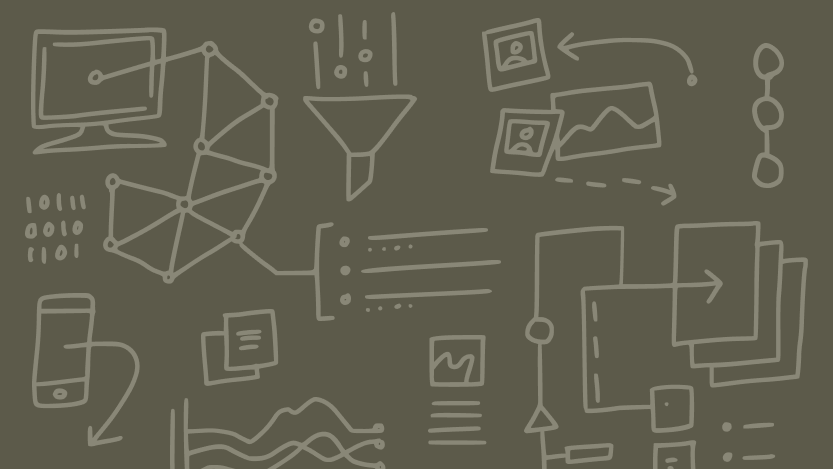
Leave No Girl Behind: Evaluation of EAGER in Sierra Leone
EAGER (Every Adolescent Girl Empowered and Resilient) is a 4-year education and empowerment project designed for out-of-school (OOS) adolescent girls ages 13-19 (13-17 Cohort 1, 2019-2021, and 13-19 Cohort 2, 2022) who have missed out on formal learning opportunities Through a consortium of four partners (the International Rescue Committee, Concern Worldwide, Restless Development, and BBC Media Action) operating in 10 districts of Sierra Leone, EAGER staff and community-based volunteers work together to deliver functional Literacy, Numeracy, Financial Literacy, and Life Skills sessions for girls. Girls attend this Learning Programme for 30 weeks in female-only Safe Spaces and Learning Centres.
All sessions are delivered by volunteer Mentors and Facilitators who were recruited from the girls’ communities and trained to lead sessions and provide ongoing support to girls. Female Mentors are the first line of contact and support for girls and are responsible for building a relationship of trust with them as they lead the Life Skills sessions. Facilitators lead functional Literacy, Numeracy, and Financial Literacy sessions for girls They are expected to encourage a growth mindset in girls and shift the disempowering narrative that OOS adolescent girls are not capable of learning Both Mentors and Facilitators are coached and encouraged to be allies and advocates for girls in the community.
By the end of the Learning Programme, every girl will have completed an Empowerment Plan in which she set her own learning, household, community, and financial goals After graduating from EAGER, this plan will guide her through a Transition phase, where she will use the different skills she learned to work toward her goals EAGER graduates receive a conditional cash grant to pursue their financial goal and practice the skills they learned in their Financial Literacy sessions
To strengthen the support systems around girls, EAGER teams lead structured Community Dialogues with girls’ caregivers and with influential community member. Participants are encouraged to wrap up each dialogue by identifying concrete actions they can take to address the problems girls are facing, and agreed plans are documented for accountability. To build support for girls across the wider population, EAGER produces weekly girl-centred radio programmes and broadcasts them on national and local radio stations.
Through a cycle of two successive cohorts of girls, EAGER has worked directly with 28,000 OOS adolescent girls across Sierra Leone In line with the vision of the Girls’ Education Challenge (GEC) Leave No Girl Behind (LNGB) approach, the project set out to reach some of the most marginalised adolescent girls in Sierra Leone This has meant working in remote areas where literacy levels are generally lower, as the probability of completing primary education is 56% for rural children, compared to 89% for urban children.
The EAGER Baseline Evaluation confirmed that 45% of the girls enrolled had never attended school, and 45% had dropped out early without learning functional reading and writing Many were already married (44%) and/or already had the responsibilities of caring for their own children (58%). Heavy chore burdens were noted to isolate girls from their peers, and access to information, resources, services, and opportunities was limited by literacy and financial constraints as well as the gender norms that limit girls’ self-determination in their homes and communities.
The project was designed to address these multiple barriers to participation and learning, and to create accessible opportunities and supportive spaces for girls to build practical and empowering skills. These skills were tailored to the girls’ context and daily lives so they could be practiced and used to create positive changes for themselves, their families, and communities Following a socio-ecological model, the project aims to empower OOS adolescent girls on a personal level while strengthening the support systems around them through increased awareness and opportunities for collective action.